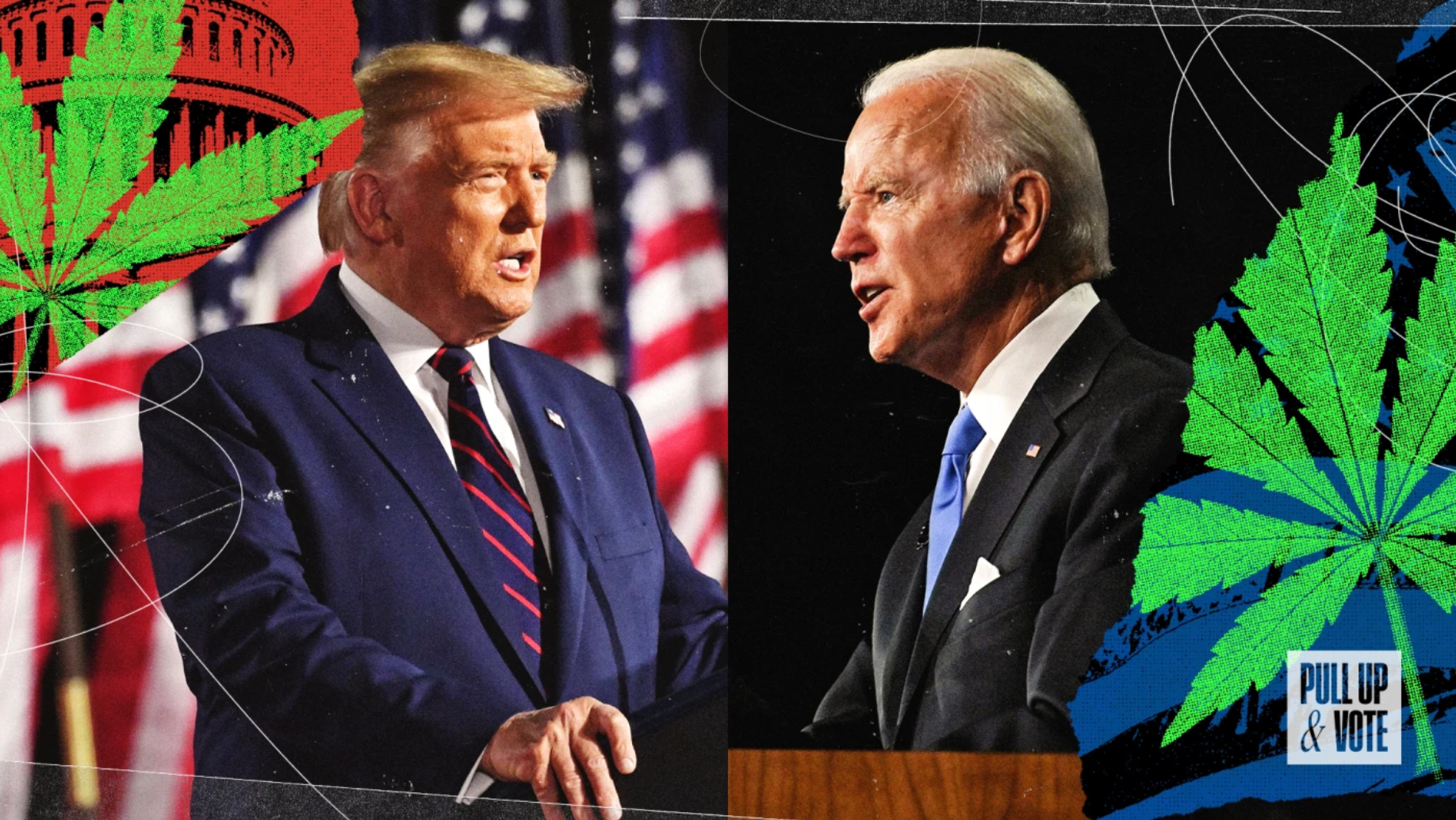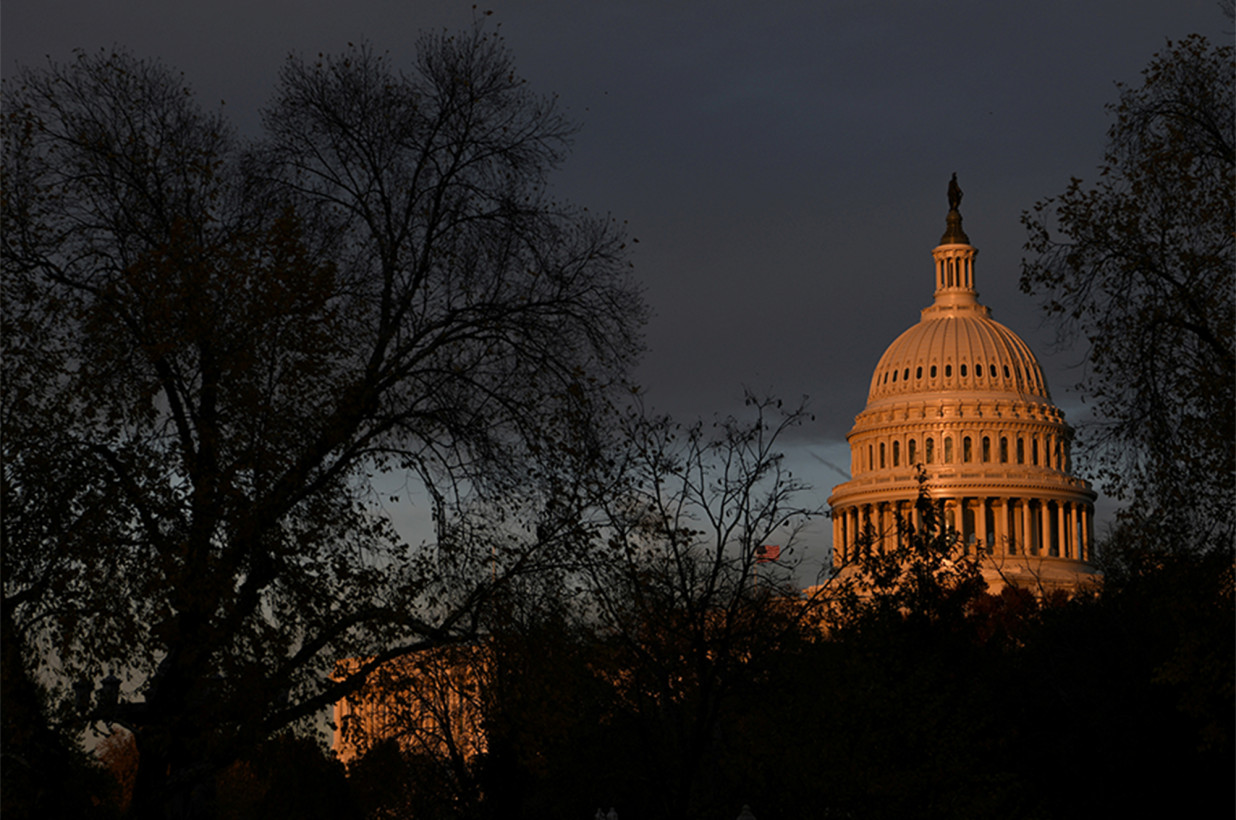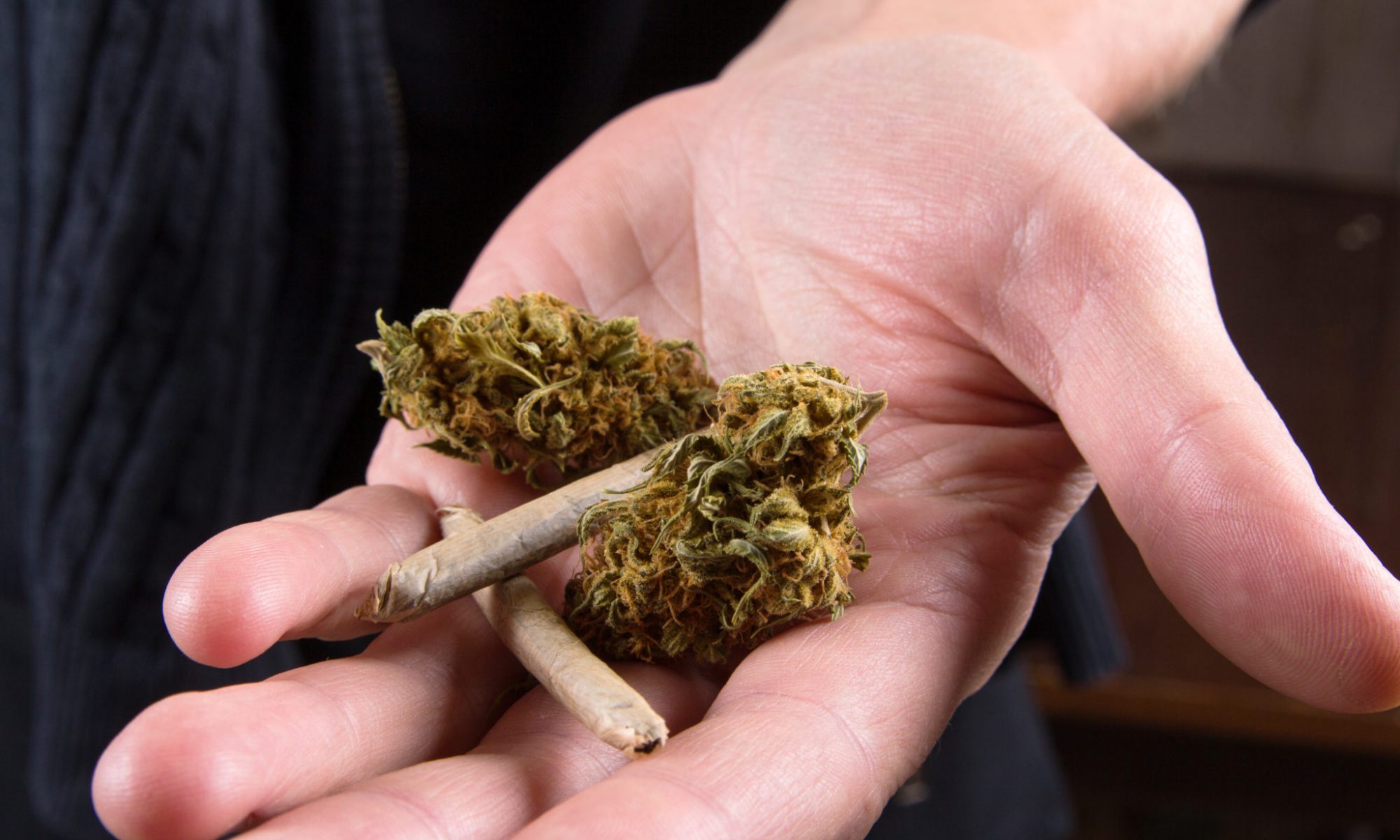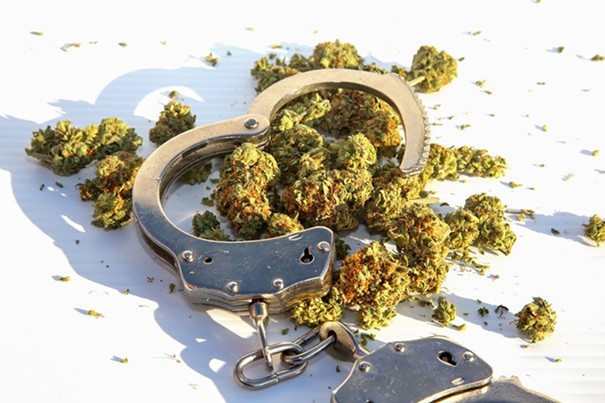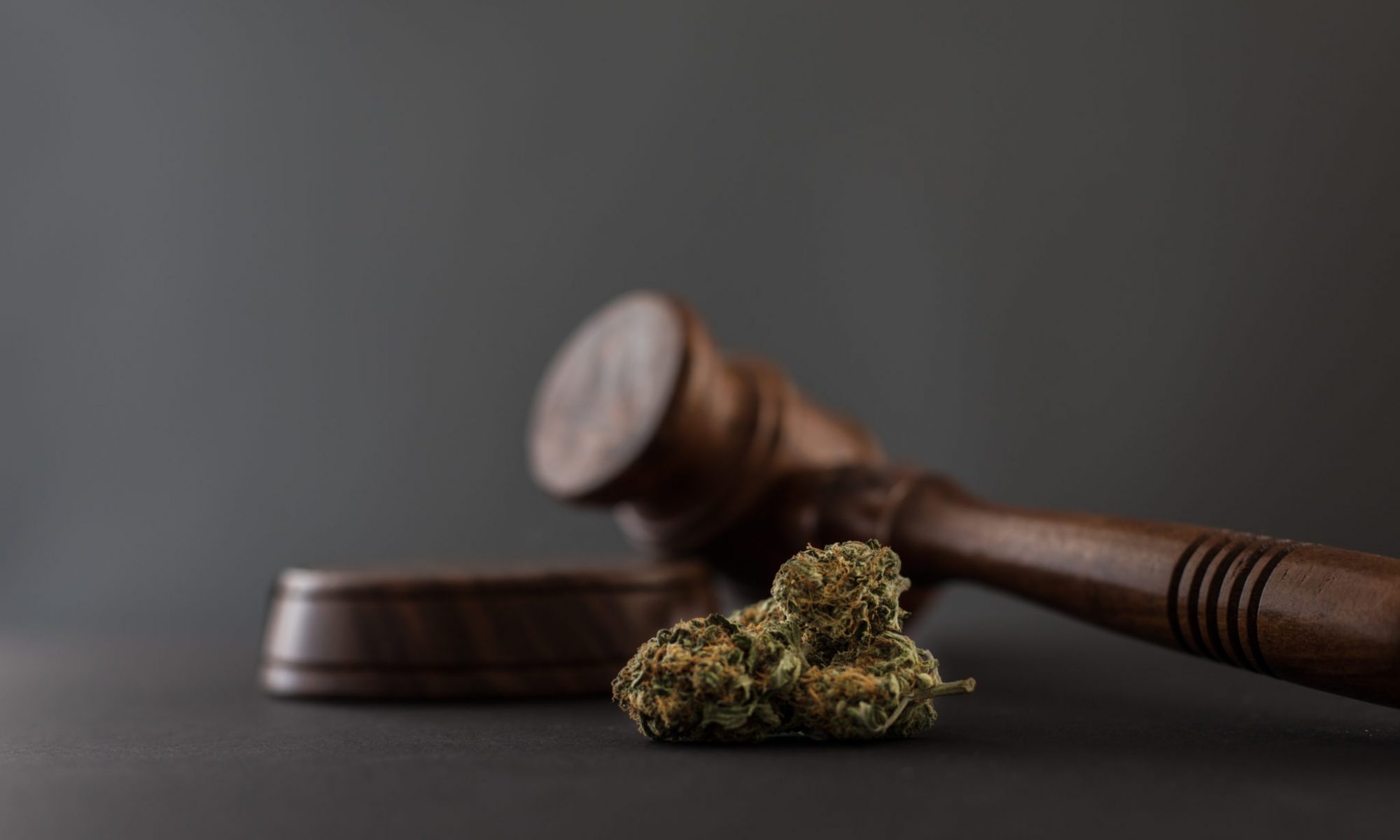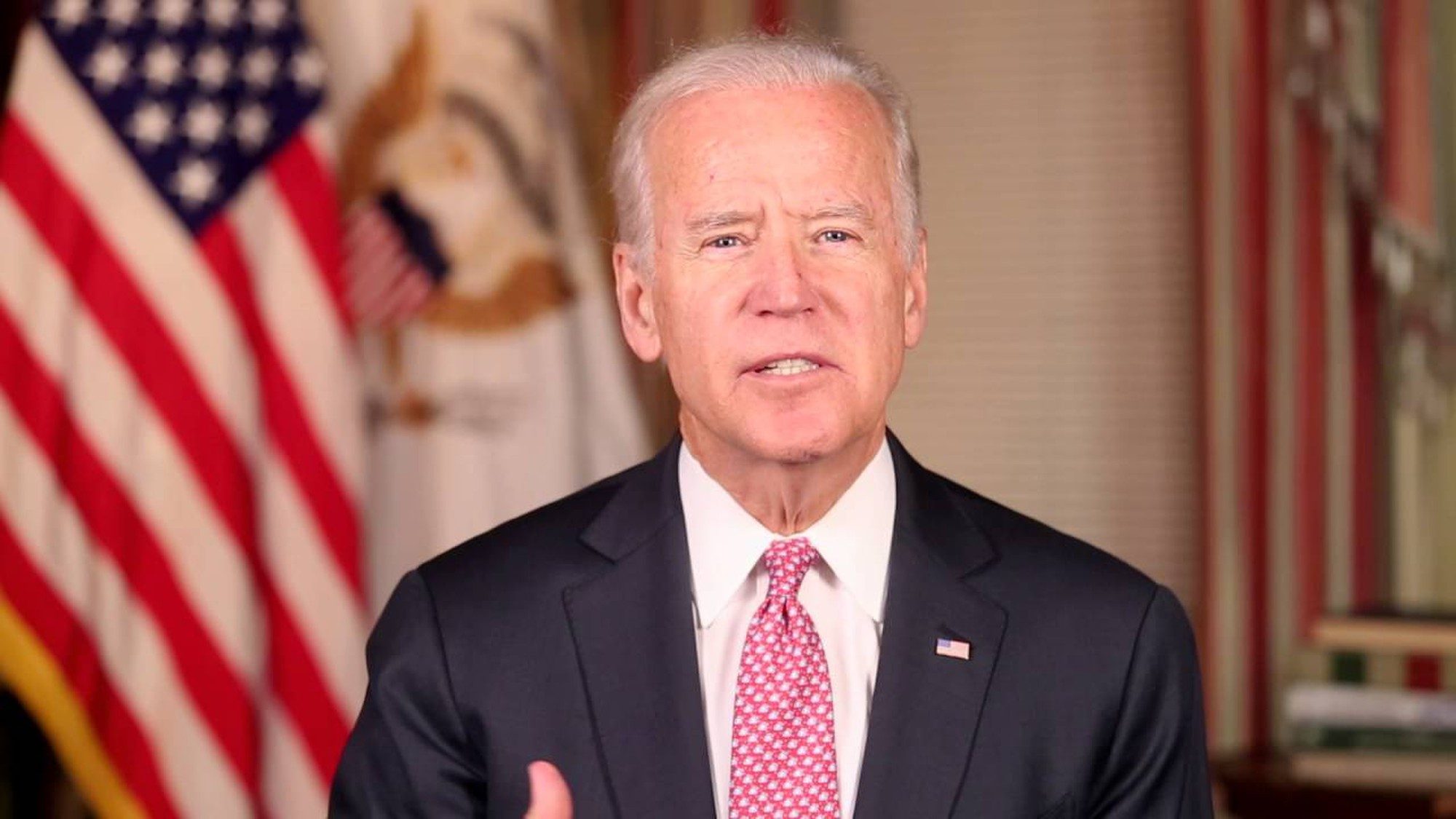The burgeoning psychedelic sector is attracting attention from investors as more companies have gone public, and research has increased rapidly due to greater mainstream and government acceptance and decriminalization.
Decades of research have demonstrated that psychedelics, which are hallucinogenic drugs, are effective in treating mental disorders such as depression, suicidal thoughts, PTSD and anxiety. The Food and Drug Administration has approved and fast-tracked several clinical research trials.
Dozens of biopharmaceutical companies are competing against each other since the ones that develop the intellectual property to synthesize the molecules to help treat disorders will likely be profitable and attract more capital.
“There is a smaller subset of investing verticals in the psychedelic space as it is more of an intellectual property race to develop drugs,” says Michael Sobeck, managing partner at Ambria Capital, a San Juan, Puerto Rico-based asset manager.




